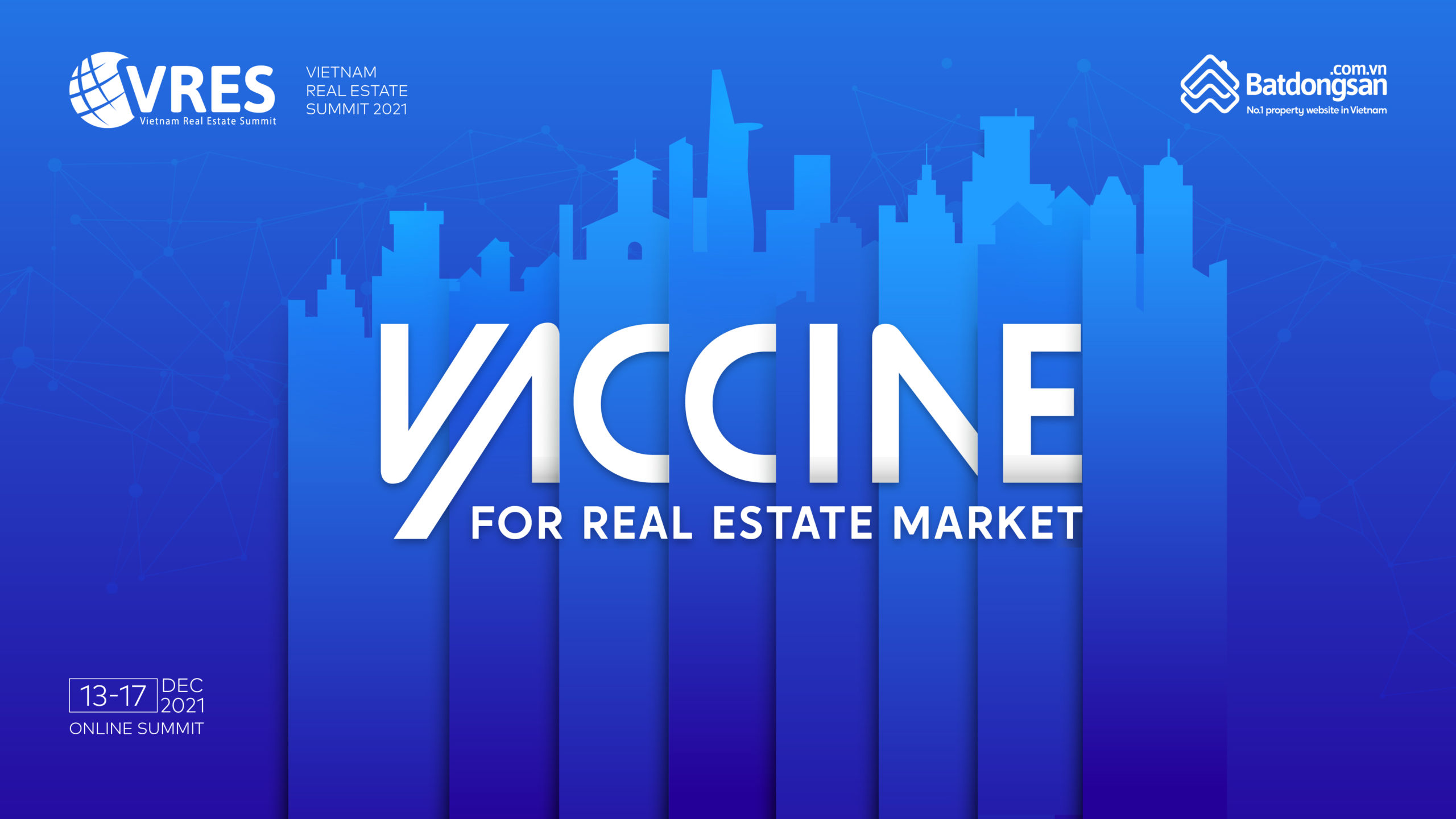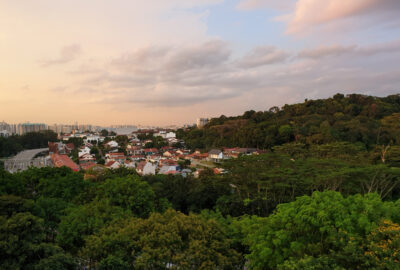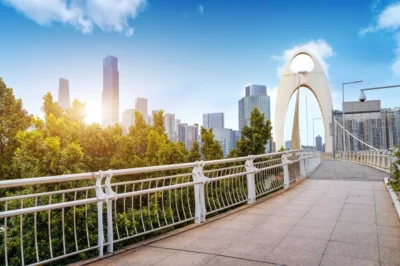Land makes up 25% of Vietnam’s total property search volume
The country’s property industry saw new price levels due to high interest but a decrease in total market supply

One of the biggest annual summits of Vietnam’s real estate industry – Vietnam Real Estate Summit (VRES) – hosted its first virtual edition this year, revealing insights into the country’s real estate market this year and next year.
Organised by Batdongsan.com.vn since 2014, VRES 2021 invited around 30 of the finest minds and senior managers from real estate, media, finance, and law to speak at the event. Speakers came from Vietnam’s leading enterprises such as Batdongsan.com.vn (a member of PropertyGuru Group), Savills, CBRE, Ernst & Young, and many more.
The summit topic of focus was “Vaccine for the Real Estate Market”, which shared insights on the overall 2021 real estate market, as well as changes in property seekers’ behaviours, tax and legal guidelines, technology application, investment trends, and the market outlook forecast for 2022.
Nguyen Quoc Anh, deputy CEO – cum – CBO of Batdongsan.com.vn, outlined the evolution of Vietnam’s real estate market through COVID-19 waves in 2021. He said cheap money is still flowing into the real estate market because the current 12-month preferential home loan interest rate is only 6.69 percent, a decrease of 8.79 percent from 2020.
Moreover, lands became the highest attraction towards property seekers, making up 25 percent of search volume, followed by houses and apartments at 24 percent and 20 percent, respectively.
New price levels were also set due to high interest in the market but a decrease in total market supply.
Duong Thuy Dung, senior director of CBRE, said that real estate prices in many segments have continued to rise despite the complicated epidemic during these two years. For instance, apartment prices rose by 16 percent in Hanoi, and 17 percent in Ho Chi Minh City.
Villa prices in Hanoi increased by 13 percent, townhouse prices by four percent, and commercial townhouses prices by three percent. Meanwhile, Ho Chi Minh City saw prices of villas, townhouses, and commercial townhouses jump by three, 17, and six percent, respectively.
Looking at buyers’ preferences and behaviours, owning a home became more essential and users prefer projects with green, airy living spaces, good connection capacity, and away from crowded inner cities.
More: Resort room rates in Vietnam provinces are discounted by 50%
Experts at VRES 2021 mentioned that the possibility of land fever is unlikely to occur next year.
Nguyen Quoc Anh said, “Real estate prices will become more realistic next year, focusing on areas with sustainable development projects. Large cash flows are going into the North, in Hanoi and some neighbouring provinces, but will return to southern real estate markets once COVID-19 is under control.”
The Property Report editors wrote this article. For more information, email: [email protected]
Recommended
Meet the expert helping overseas investors crack Australia’s property market
Ivan Lam of property advisors Charter Keck Cramer helps clients navigate Australia’s complex real estate dynamics
6 spots to check out in Singapore’s Bukit list neighbourhood
The sought-after Singapore neighbourhood offers lifestyle amenities, green space, and new residential projects
Thailand’s real estate sector watches closely as the Shinawatras return to power
Time will tell if the return to power in Thailand of the Shinawatras will lift the country’s ailing real estate sector
China’s homebuying surge: Can new stimulus measures keep the market rally alive?
Stimulus measures have sparked a surge in homebuying activity around China, but many are sceptical the shift will endure








